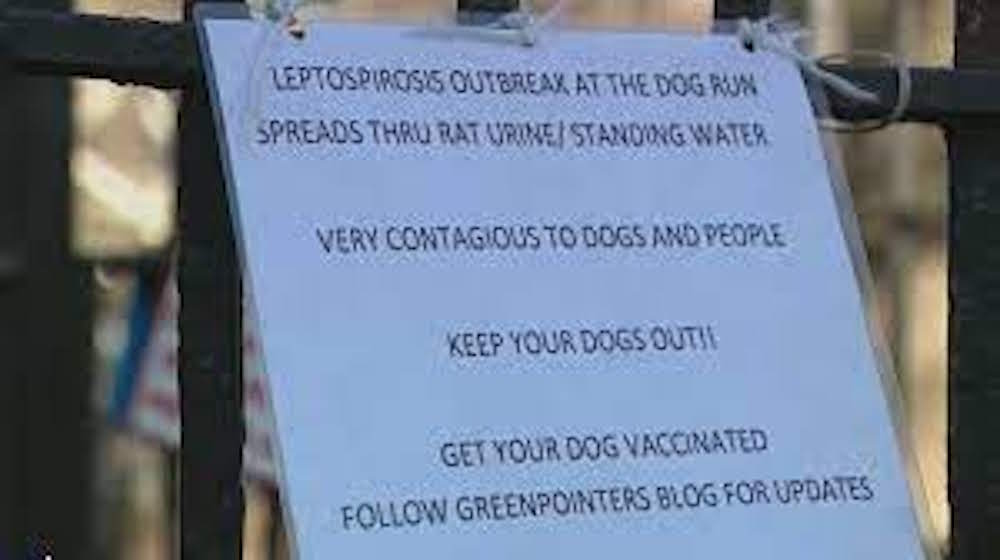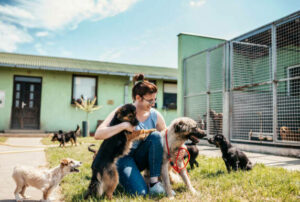Several dogs have reportedly died after visiting a park in the Brooklyn neighborhood of Williamsburg in New York City. The deaths may have been caused by a bacterial disease called leptospirosis that is spread through rat urine.
The city’s health department has not yet declared an outbreak of the disease, but concerned pet owners in the neighborhood are blaming rat infestation in the park. So far, four dogs who have visited the park have died.
In a social media post on January 13, 2022, city council member Lincoln Restler said, “our office indicates that dogs played at McCarren Park Dog Run before becoming sick. Rats may pee in a puddle, and dogs lick from the puddle, and they can get sick.”
One dog owner, whose Blue-Merle French bulldog had to be euthanized after visiting the park, urged his fellow dog owners in the neighborhood to have their dogs vaccinated against the disease.
There is no confirmation yet from the health department that the disease is connected explicitly to the park, but officials are working with NYC Parks to monitor the rat situation in the area. They also placed new rat-resistant trash cans, replaced wood chips, and had exterminators clear the area.
Canine Leptospirosis

Leptospirosis is caused by bacteria that live in the kidney of some animals, like raccoons and opossums, with rats being the leading carriers of the disease in most cities. It is spread through their urine, and the bacteria may survive in the soil or water for weeks and even months.
People and our pets can get infected when it enters the bloodstream through a cut in the skin or through contact with the eyes, nose, or mouth. Dogs especially are vulnerable when they drink in a contaminated puddle of water or lick their paws or fur that had been in contact with contaminated soil.
It is diagnosed by blood or urine test, and the first signs of the disease include fever, chills, vomiting, muscle aches, and diarrhea. It may later develop into kidney or liver failure if not treated immediately with antibiotics.
Leptospirosis is common in tropical climates, and incidence in the US is relatively low, but clusters can be observed in some states.
Prevention
One way to prevent your dogs from getting the disease is to keep them away from rodents and other wild animals outdoors and avoid letting them drink from puddles. Dog owners are also urged to keep their homes free of rodents.
Veterinarians also suggest having your dog vaccinated against the disease if you think they are at risk.
Dog to human transmission is rare, but dog owners must wash their hands thoroughly after handling their infected dogs. It is also advised that they let their dogs pee in areas where other dogs or people rarely converge and disinfect areas around the house that may have been contaminated with their urine or stool.
The bacteria can still pass through your dog’s waste several weeks into treatment.





